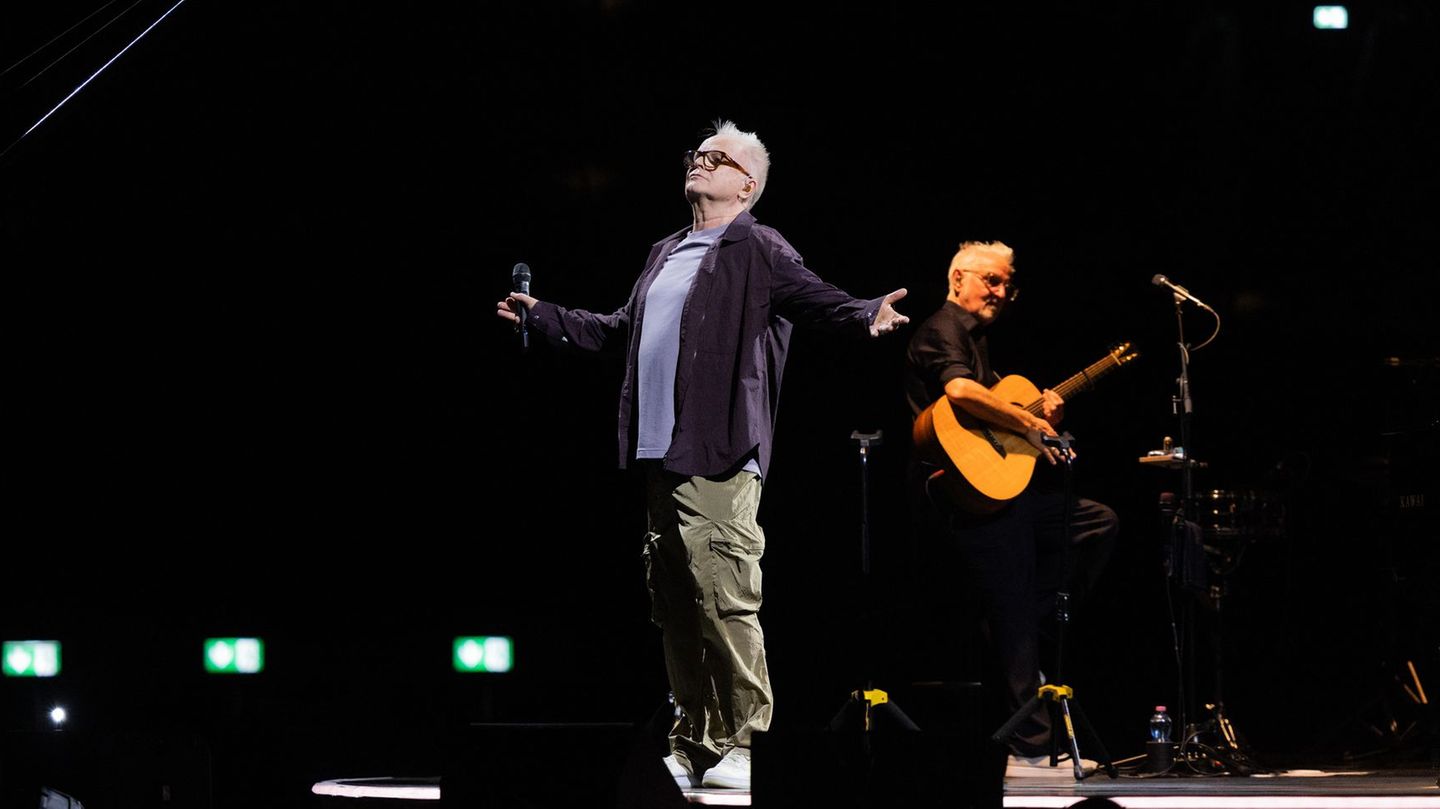At a meeting in Mexico City, representatives from both sides signed an agreement on Friday evening (local time) to start talks to end the political and economic crisis in the country. The meeting was hosted by the Mexican government and Norway acted as mediator.
The talks between the government and the opposition took place in Mexico’s National Museum of Anthropology. On behalf of the government of the controversial head of state Nicolás Maduro, Jorge Rodríguez signed the letter of intent. The chief negotiator for the government opponents was Gerardo Blayde from the opposition alliance Plataforma Unitaria.
Both sides plan to meet again in Mexico on August 30th to negotiate a seven-point negotiating agenda. Maduro’s resignation is unlikely to appear, although the opposition accuses him of securing a six-year mandate in 2018 through electoral fraud. Negotiations between the two sides to start a dialogue had already taken place in the Caribbean countries of Dominican Republic and Barbados in 2018 and 2019. They had failed, however.
Maduro praised the agreement that has now been reached on a dialogue on the Twitter online service. He had warned in advance that he would not give in to “blackmail or threats” from the USA. Maduro’s head of the delegation, President Rodríguez, called for quick agreements to make life easier for Venezuelans and to relieve the economy.
This tweet is disabled
Please activate the category Social media in your cookie settings to display this element. My cookie settings
Opposition leader Guaidó said that some solutions were “not easy” to achieve in the dialogue. A failure of the negotiations would “deepen the conflict”. In the run-up to the meeting, Guaidó had stated that the opposition wanted to use the talks to insist on guarantees for free and fair elections.
Peter Hakim of the Washington-based think tank Inter-American Dialogue believes that Maduro will allow completely free and fair presidential elections to be unlikely. After all, the opposition was “more divided than ever, without an effective strategy and weakened in terms of international and regional support.” The Venezuelan political scientist Pedro Benítez, on the other hand, said that the dialogue could lead to an agreement in which “neither of them can crush the other”.
“You have taken the courageous decision to initiate a comprehensive negotiation process,” said Dag Nylander, head of the Norwegian mediation delegation, on Friday at a kick-off ceremony in Mexico City, where the talks are to take place. Nylander had also participated in the peace negotiations between the Colombian government and the FARC guerrillas. The Netherlands and Russia sit at the table on the side of the opposition and the government, respectively.
Nine delegates from each side are to take part in the talks. The opposition is demanding free elections and the release of political prisoners, the socialist government is striving to ease international sanctions. The US is not at the table, but it should play a decisive role.
“We approach this process with caution and expectations that are not too high. But the emergency situation cannot wait any longer,” said a representative of the opposition in an interview with the German press agency in Mexico. The right-wing liberal Guaidó had declared himself interim president at the beginning of 2019. Although he received a lot of support from western countries – including from the USA, Germany and Austria – he was unable to assert himself in Venezuela. Around 5.6 million Venezuelans have left their homes in the face of poverty and violence.
Federal government 2019 on Trump side
Maduro has so far been able to stay in power with the help of the military, the officials of his party and the support of Russia, Cuba, China and Iran – despite the devastating economic situation in the oil-rich country. The gross domestic product has decreased by 80 percent since 2014. However, under pressure from the USA, he had agreed to negotiate with opposition leader Guaidó.
On his agenda is the lifting of US sanctions, most of which were introduced by former US President Donald Trump in 2019 to oust Maduro from power. His successor Joe Biden promised the South American country a relaxation of the punitive measures if the negotiations on new elections got ahead. The European Union and Canada have also announced that their sanctions will be eased in this case.
The federal government under Chancellor Sebastian Kurz (ÖVP) had joined the line of the republican Trump administration on this issue in 2019, which was explicitly on the side of Guaidó. Foreign Minister Alexander Schallenberg (also ÖVP) said in an APA interview at the end of last year that he was recognized as Venezuela’s interim head of state.
On the other hand, the fact that human rights violations by a right-wing national transitional government in Bolivia were not criticized was not a contradiction in terms for Schallenberg: “It depends on the local processes. Guaidó was deprived of his electoral success. It is not identical in Bolivia.” In Bolivia, the socialist movement “Movimiento al Socialismo” (MAS) led by former President Evo Morales won a clear election after the reign of the right-wing transitional cabinet in October 2020.




